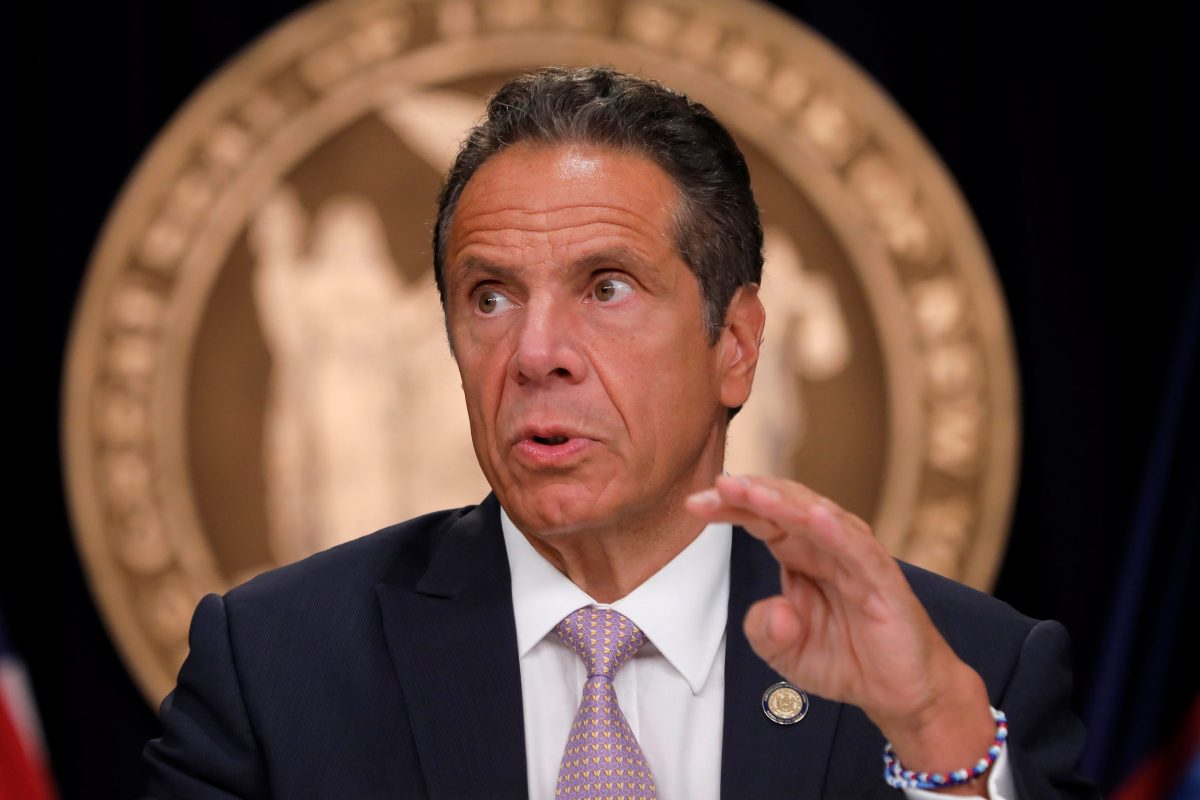Public servants could be better protected in the event of another pandemic striking New York with a new bill signed by Governor Andrew Cuomo which will require agencies to provide personal protective equipment (PPE) regardless of illness.
With this, lawmakers and the governor hope the disaster of early contact with COVID-19 in the United States can be avoided and localities can be prepared on a long-term basis and plans be submitted to unions and labor management committees within 150 days and finalization before April 1, 2021.
“Thanks to personal sacrifice and hard work, New Yorkers have bent the curve of coronavirus, and we all owe a debt of gratitude to the frontline workers who helped carry our state through some of its darkest days,” Cuomo said. “The federal government’s failure to plan for or respond to this emergency put our state in harm’s way, and we can never let that happen again. That’s why this Labor Day, we are honoring public employees’ efforts over the last six months by planning for the next emergency — and ensuring all levels of government in New York protect public workers from a future pandemic.”
Government workers took the brunt of the COVID-19 infections and deaths by continuing to report to work often without being provided proper PPE by employers often because agencies were following early Centers for Disease Control guidelines which only recommended masks to those who were sick. They later changed course to advise PPE in public under most circumstances.
“Today, in his Labor Day message, Governor Cuomo noted that this pandemic has laid bare to the entire state and our country the heroism and bravery of essential workers. By signing this bill, the Governor backs up those words with tangible actions that will make workplaces safer for those courageous men and women who continue to sacrifice so much,” Mario Cilento, President of the NYS AFL-CIO, said.
For example, for District Council 37, 151 of their 125,000 members died during the pandemic. The MTA lost 131 employees to COVID-19 when things took a steep turn for the worst in April for New Yorkers.
“Requiring public employers to draft and publish a contingency plan for the next global health crisis is integral to save lives and rebuild trust. We lost too many public employees to COVID. This bill will protect those who keep our city running,” state Senator Andrew Gounardes said.
Some of the requirements in the bill were listed as follows:
- List and description of positions considered essential
- Descriptions of protocols to follow to enable all non-essential employees to work remotely
- Description of how employers would stagger work shifts to reduce overcrowding
- Protocols for PPE
- Protocol for when an employee is exposed to disease
- Protocol for documenting hours and work locations for essential workers
- Protocol for working with essential employees’ localities for identifying emergency housing if needed
- Any other requirement determined by the New York State Department of Health, such as testing and contact tracing
The state Department of Labor also has plans for a portal for workers to file health complaints against employers and will include those pertaining to COVID-19.



































